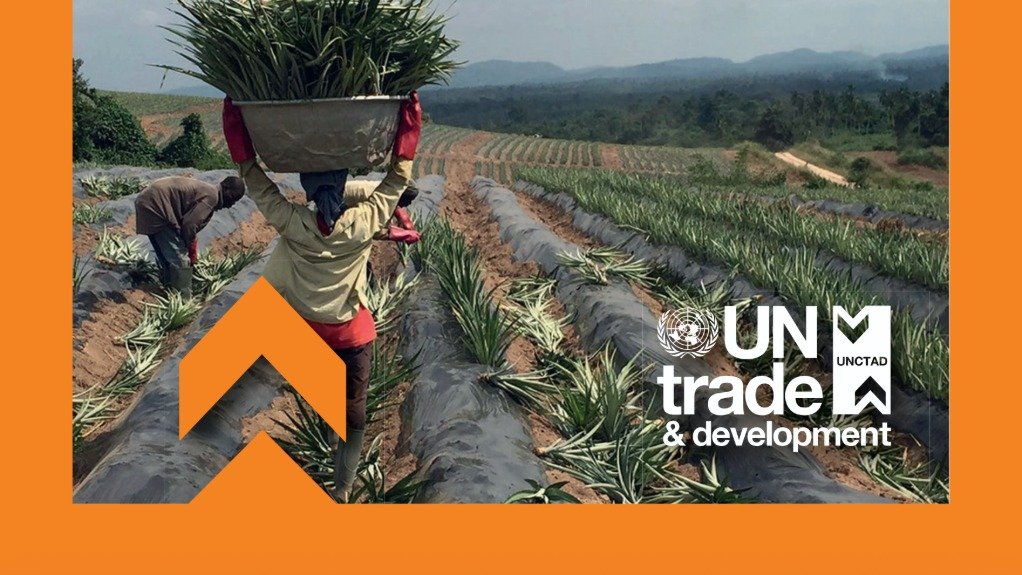- Plastic substitution in developing countries: Sectoral opportunities and challenges16.44 MB
Plastic pollution poses significant threats to environmental health, human well-being, and economic stability. Emerging research has detected microplastics in human blood and brain tissues, raising concerns about potential long-term health effects.
In marine ecosystems, plastic debris endangers wildlife and incurs substantial pollution management costs, with global ecosystem damage estimated at approximately $2.2-trillion annually.
Despite numerous international initiatives aimed at governing plastic use, critical issues persist, primarily due to the growing production of plastics, the prevalence of single-use packaging, and low recycling and recovery rates.
These challenges underscore the urgent need for a shift towards circular economy practices and the adoption of sustainable materials.
This report explores potential alternatives to conventional plastics in three sectors central to the economies of developing nations: food export packaging, fishing gear, and agricultural applications.
Through case studies in Ghana, Nigeria, Fiji, and Kenya, the report identifies promising substitutes, ranging from natural fibers to biobased polymers, which may offer reduced environmental impact while supporting economic growth and diversification in these regions. However, the adoption of these alternatives is hindered by infrastructural limitations and the lack of standardised definitions and material standards.
Recommendations emphasise sector-specific interventions to encourage the transition away from plastic dependence, grounded in local resources and innovations.
Report by the United Nations Conference on Trade and Development
EMAIL THIS ARTICLE SAVE THIS ARTICLE ARTICLE ENQUIRY FEEDBACK
To subscribe email subscriptions@creamermedia.co.za or click here
To advertise email advertising@creamermedia.co.za or click here











